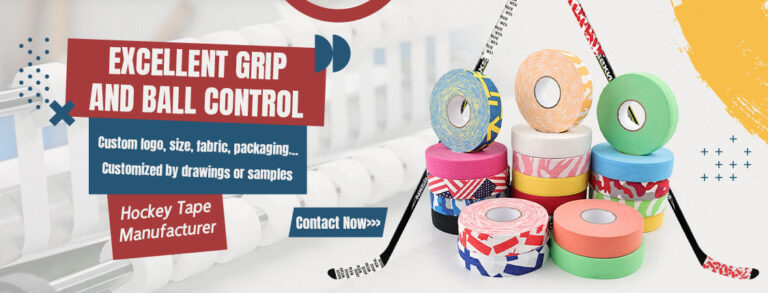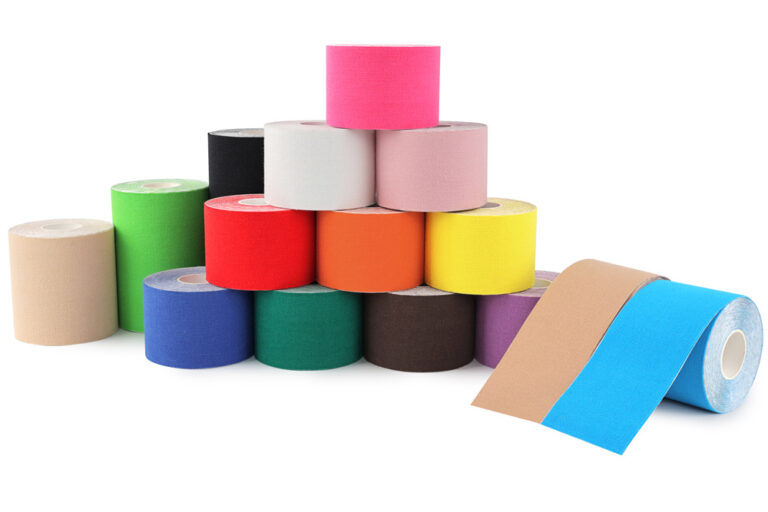A cohesive bandage wrap is a type of bandage that helps to keep wounds and cuts sealed together. This can help to prevent infection, and it can also help to reduce the amount of pain that a wound or cut will cause. In this article, we’ll look at how to use a cohesive bandage wrap and discuss some of the benefits this type of bandage can provide.
What is a Cohesive Bandage Wrap?
A cohesive bandage wrap is a type of bandage that helps to keep the wound closed by adhering to the skin. It is often used as a first line of defense for mild to moderate wounds. The cohesive bandage wrap is made from a soft and rigid material, allowing it to adhere to the skin while providing flexibility. This makes it ideal for chest, abdomen, and back use.


How should you use Cohesive Bandage Wrap?
A cohesive bandage wrap is a type of bandage that is made out of a material that sticks to itself and other objects when dried. This bandage can be used in many ways but is most commonly used as a wrap around the injured area. First, use this type of bandage to clean the wound and dry it off. Wrap the portion to be tied, tear it open with your hands, and glue the ends to the bandage.
Different bandages that can be used with the Cohesive Bandage Wrap
A Cohesive Bandage Wrap is a bandage that uses adhesives to keep it together. This type of bandage is often used for athletic injuries, as it can be stretched and shaped to fit the individual. There are many types of adhesive bandages, each with benefits and drawbacks.
Why do you need a Cohesive Bandage Wrap?
There are several reasons why you might need an adhesive bandage.
One common reason is that you have an injury and need to prevent swelling of the injured area. Adhesive bandages help reduce inflammation and swelling and keep the wounded area immobile so it can heal properly. If the injury is more serious, you may need mobility aids.
Other reasons you might need an adhesive bandage include if you have an open wound, are about to have surgery, or need to protect yourself from sports injuries.
There are many cohesive bandages on the market, but the most popular type is “wrap-around.” This bandage has several layers of fabric wrapped around your injured area. The fabric is tightly woven to form a tight seal around your skin. This helps to reduce the amount of fluid flowing into and out of the wound, which reduces swelling and inflammation.
When selecting a cohesive bandage wrap, it is essential to consider your specific needs. For example, if you have open wounds, choose a wrap-around type that has adhesive tape at each end so that it can be securely closed. If you have surgery pending, choose a wrap-around type with surgical adhesive so that it will stay in place during your procedure. If you are pregnant, select a knit-type cohesive bandage that is soft against your skin and does not contain latex or other chemicals.


Conclusion
Whether you’re a first-time bandage wrap user or an expert, our guide will have you ready to take on any wound with ease. We cover everything from the basics of wound care and how to assemble your wraps to advanced tips for creating the perfect bandage. Whether you need a basic home-use kit or want an exhaustive guide with step-by-step instructions, we’ve got you covered. So what are you waiting for?



